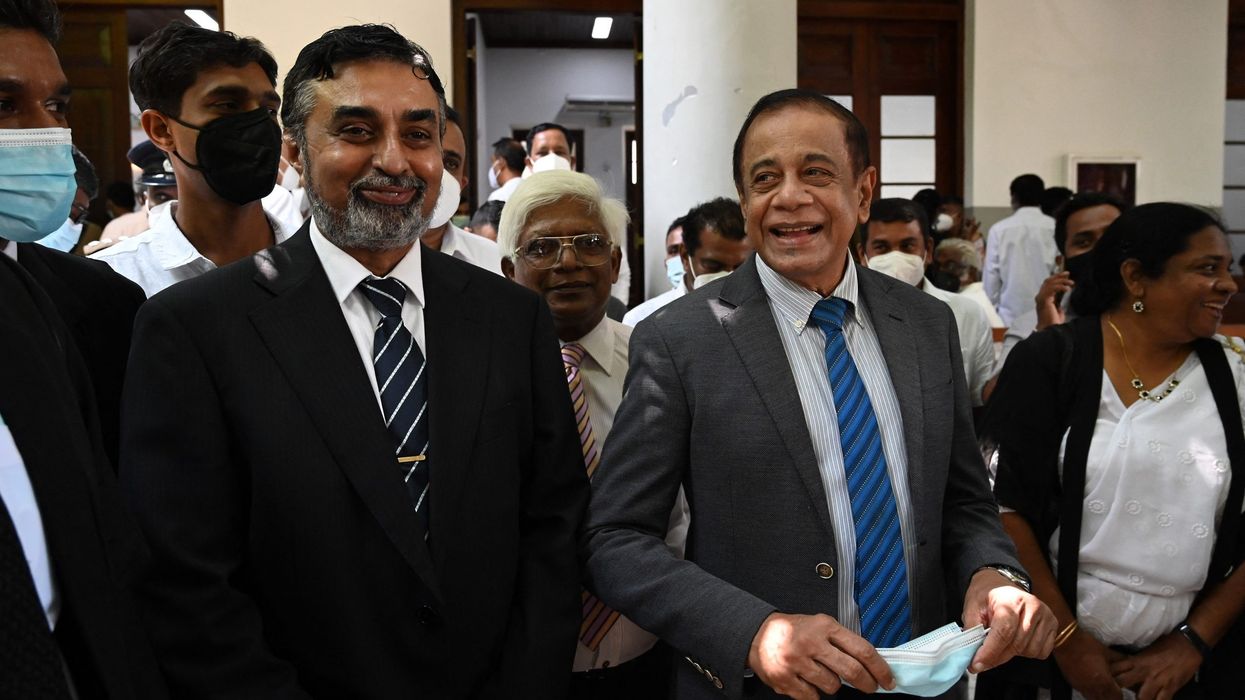Sri Lanka's High Court on Friday acquitted two top officials accused of "crimes against humanity" for failing to prevent the 2019 Easter Sunday bombings that killed 279 people.
The state had indicted the two men in November for failing to act on early warnings from an Indian intelligence agency that local jihadists were planning a string of suicide bombings in April 2019.
The three-judge panel dismissed all 855 charges against Hemasiri Fernando, then secretary to the ministry of defence, as well as then inspector general of police Pujith Jayasundara.
A court official said the judges in a unanimous decision exonerated the suspects and released them without calling defence witnesses.
The attacks, blamed on a homegrown Islamic extremist group, targeted three churches and three hotels in the capital and killed 279 people, including 45 foreigners, leaving more than 500 wounded.
Fernando and Jayasundara were arrested in 2019 and held in custody for four months before being released on bail.
Jayasundara was the most senior police official to be arrested in the 155-year history of the force.
The then chief prosecutor Dappula de Livera had told the court that "negligence" by the two top officials amounted to "grave crimes against humanity" and laid murder charges against them.
A lower court had earlier refused to charge them with murder as prosecutors were unable to establish any links with the bombers, or a motive.
The first Indian intelligence warning was given on April 4, nearly three weeks before the bombings. The Islamic State group said it had backed the attackers.
Local Muslim groups had also alerted police and intelligence units over the threat posed by radical cleric Zahran Hashim, who led the suicide bombings.
Jayasundara and Fernando have testified to a parliamentary inquiry that then-president Maithripala Sirisena failed to follow established protocols in assessing national security threats ahead of the bombings.
They also alleged that Sirisena -- who was also minister of defence as well as law and order - did not take the threats seriously.
Sri Lanka's Roman Catholic church is pressing for action against Sirisena, a key ally of his successor, Gotabaya Rajapaksa, who came to power in November 2019 pledging to end extremist attacks on the island.




